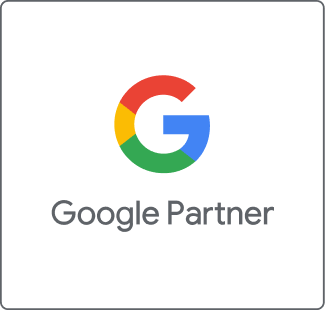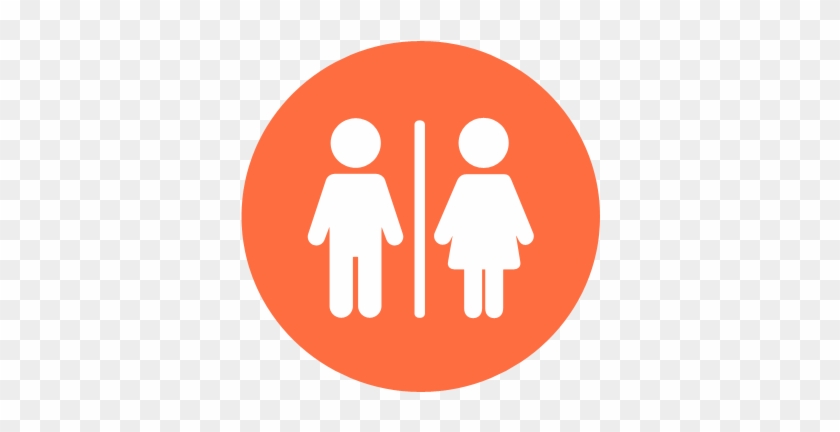SEO or Search Engine Optimization is the process of improving the volume and quality of traffic to the website from search engines. It includes everything about giving an edge over other web pages so that your web page appears at the top when a user queries a relevant keyword search through a search engine like Google, Bing, or Yahoo. An increase in website traffic means an increase in business opportunities, leads, and conversions.
SEO is one of the most practicable and economical ways for brands to reach their customers at critical times. It’s about ranking your brand on top in online search results so that users who come across your business can easily find you.
In this article, we’ll discuss and answer the following:
· The value add of SEO,
· Why is SEO becoming increasingly important
· The main pillars of SEO?
What is SEO – an in-depth look?
Organic results
Search engine optimization (SEO) is the process of influencing the visibility of a website or a web page in a search engine’s unpaid results — often referred to as “natural,” “organic,” or “earned” results. In general, the earlier (or higher on the search results page) and more frequently a site appears in the search results list, the more visitors it will receive from the search engine’s users; these visitors can then be converted into customers.
Ranking not due to paid advertising
The organic listings in a search engine’s results are there because they have characteristics that search engines consider valuable — those characteristics have nothing to do with paid advertising.
SEO is holistic
Many of you might confuse about what SEO is as search engine optimisation. This is not entirely incorrect. However, everything we refer to as SEO includes paid search and social media marketing. The best way to think about SEO is SEM. It’s the amalgamation of all the different techniques to drive traffic to a website and raise awareness of brands and products while raising the rankings of websites in the three key search engines listed above, Google, Yahoo, and Bing.
What are SEO elements?
Search Engine Optimization consists of the following:
– On-Page SEO
– Off-Page SEO
– Content SEO
– Technical SEO
On-page SEO refers to the elements you can control inside your website. This includes your title tags, meta descriptions, URLs, headings, and alt text for images.
Off-page SEO refers to the elements you can’t control directly on your website—but have an indirect impact on your rankings. These include link building (which comes from other websites linking back to yours), social media shares and mentions (including tweets), guest blogging (writing articles for different websites), infographics (visuals that convey information), and more.
The following is a list of the basic building blocks of SEO that every company can use.
Website’s code
A well-coded site does not guarantee that your site will rank highly in search engines. However, a slow and sluggish site will likely not rank in search engines. If you have poor code quality, your website will usually perform slower, and the content will be confusing to search engines crawling. This results in a poor User Experience (UX). Search engines review how users interact with web pages, including how long users spend and the bounce rate.
A website with a high bounce rate indicates that users are not finding what they are looking for on that page or find the information confusing. If a visitor spends much time on one page but doesn’t click any links or perform any actions on it, it may indicate that it’s taking too long for their browser to load all the images, CSS files and JavaScript files needed for that page to display correctly.
Keyword research
Keywords are the words and phrases you use to describe your product or service. They are what potential customers type into Google or other search engines to find you.
Keyword research is the process of finding out which keywords are most relevant to your target audience and learning what queries they are searching on Google. Identifying the search terms can lead to better content and more comprehensive marketing strategies. You stand to gain more traffic if your content successfully gets in front of your audience as they conduct searches. Search engines are now smart enough to decipher helpful content and content purely for SEO (search engine optimisation), so it’s essential that your content provides valuable information rather than repeatedly using popular keywords. Readability should always take priority.
Content
The importance of content has never been greater. That’s because AI is becoming more integrated with search, so sites with the most relevant content are likely to rank higher on SERPs.
Content on your site and content about your site elsewhere on the web needs to appeal to both prospects and search engines. Incorporate keyword phrases into your article, but, as discussed above, don’t be overly aggressive in using keywords. Prioritise the content relevance, quality, readability, length, tone of voice, and format.
An excellent User Experience
The UX design of the site assists in engagement, growing traffic, and increasing a site’s ranking. A high-ranking website in the culmination of implementing SEO best practices and an intuitive user experience. Sites should load quickly, be mobile-friendly, easy to navigate, and have engaging content.
UX specialists create an optimal user experience using various design techniques, such as information architecture, interaction design, usability engineering, visual design, and user research.
For small businesses, UX evolves over time through trial and error and constant improvement of their sites.
Why do you need SEO?
Relevancy is search engines crucial as people search for everything and anything online. As a result, a site with better SEO gets more impressions and clicks.
If you have a website, you want to ensure it’s getting the traffic it deserves. And when it comes to getting more traffic, SEO is the way to go.
SEO refers to strategies that help your site rank higher in search engine results pages (SERPs). It’s an essential part of online marketing because it allows you to attract visitors actively looking for your product or service.
Domain Authority
Building backlinks is a powerful way to boost your domain authority.
Domain authority is a score that Google assigns to each website, which indicates how important Google thinks the site is. High domain authority can help you rank higher in search results and get more traffic.
For more on Domain Authority, check out our article here.
SEO is the best method to understand consumers’ voices,
SEO is the best method to understand consumers’ voices because it allows you to look at the big picture and the small details. Search engine optimisation tells us what customers want and need, from macro market shifts to granular consumer intent. SEO provides these through search query data, SERP analysis, Analytics data, and AI insights. By knowing this information, we can move in the right direction and create more sales. SEO uses secondary data to understand your customers’ needs and wants.
The purchase funnel is affected by SEO
The impact of SEO on a customer’s behaviour is significant, increasing the likelihood of them purchasing on your site. This indirect sales-enhancing technique can generate substantial sales or leads at a nominal cost. Customers can find your site and check out your deals when your site uses the right keywords and is optimised. The purchase funnel starts with a prospective customer searching for something on Google. They then click on an advertisement in response to this search, which directs them to your site, where they make a purchase, complete a lead form, or sign up for a free trial. If they don’t buy anything right away, they might return later when they’re ready to purchase
The right SEO strategy can help you build your brand
SEO is a powerful tool to help you build brand recognition and make your company more visible online.
When you create a brand, getting the word about what you do and who you are is essential. SEO helps you generate traffic, leads, and engagement, which are all vital in building a strong reputation for your company.
SEO can bring in new customers and keep old ones engaged with your business when combined with other marketing strategies, such as content marketing and social media marketing.
Conclusion
A few years ago, the idea of ranking well on search engines would have seemed a lofty goal or even a fantasy. These days, it’s more like a reality. And if you’re looking to better market your business online, you should ensure that professionals optimise your site. These pros understand what it takes to get your site at the top of the SERP rankings and can do whatever it takes for successful SEO implementation. Don’t expect to realise instant results from your site optimisation efforts but be confident that the hard work you put in today will pay off with increased visibility and more sales tomorrow.


 Listed on Hotfrog New Zealand
Listed on Hotfrog New Zealand